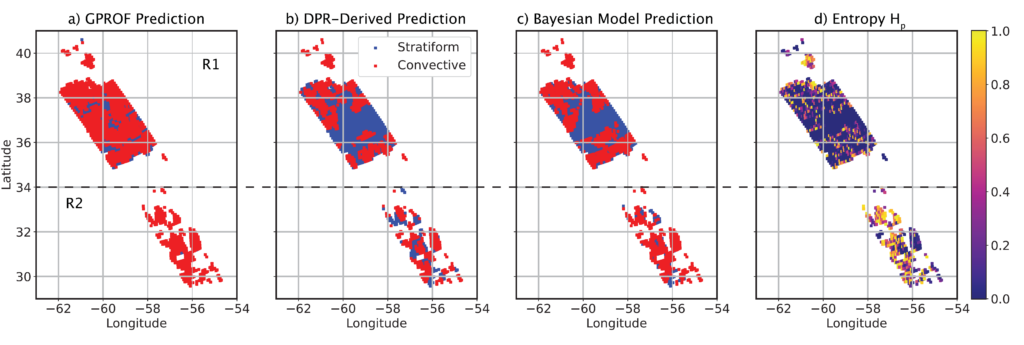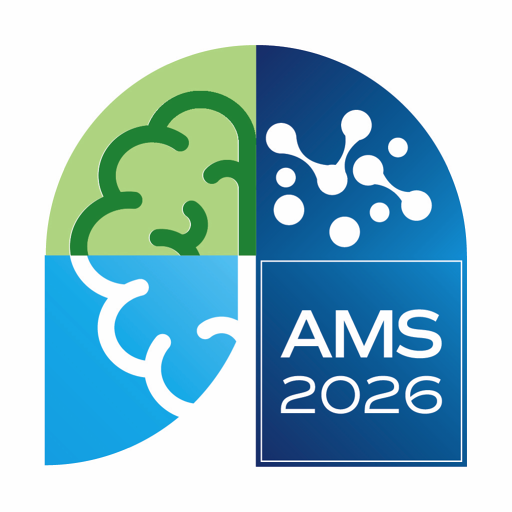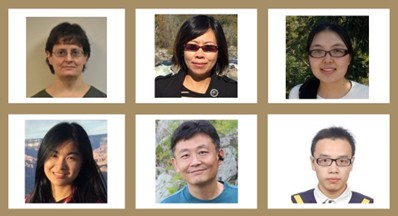
ESSIC/CISESS Scientist Veljko Petković co-authored a study on the application of the new and emerging field of Bayesian Deep Learning (BDL) concepts to mitigate problems associated with the accuracy of precipitation retrievals from satellite-borne passive microwave (PMW) radiometers, which was published in IEEE Geoscience and Remote Sensing Letters.
Satellite precipitation retrievals provide a highly accurate understanding of global total precipitation, but often suffer from large region-specific systematic errors due to their inability to accurately relate changes in precipitation intensity to the changes in radiometric signatures caused by variability in cloud system structure. In collaboration with colleagues from Naval Postgraduate School (Monterey, CA), BDL was used to accurately classify precipitation type (convective/stratiform) and its associated uncertainty that can address these errors. In particular, a Bayesian form of Residual Networks (ResNet) architectures allowed for the extraction of information from PMW observations and the identification of cloud system differences while providing, per pixel, uncertainty estimates (see figure above). The study demonstrated a universal method that can be applied to any other deterministic architectures and showed how such architectures can achieve high accuracy (above 90%) in retrieving PMW satellite precipitation type. A significant implication of this work includes that uncertainty estimates predicted by the Bayesian configuration allow users to calibrate their output by filtering the least certain predictions.
Dr. Petković joined ESSIC in 2017 after graduating from the Department of Atmospheric Science at Colorado State University. His research interests are in hydrology, atmospheric radiative transfer, and microwave remote sensing, with focus on satellite retrievals, cloud microphysical processes and their interactions with a large-scale environment.
To access the paper, click here: “Bayesian Deep Learning for Passive Microwave Precipitation Type Detection”.





